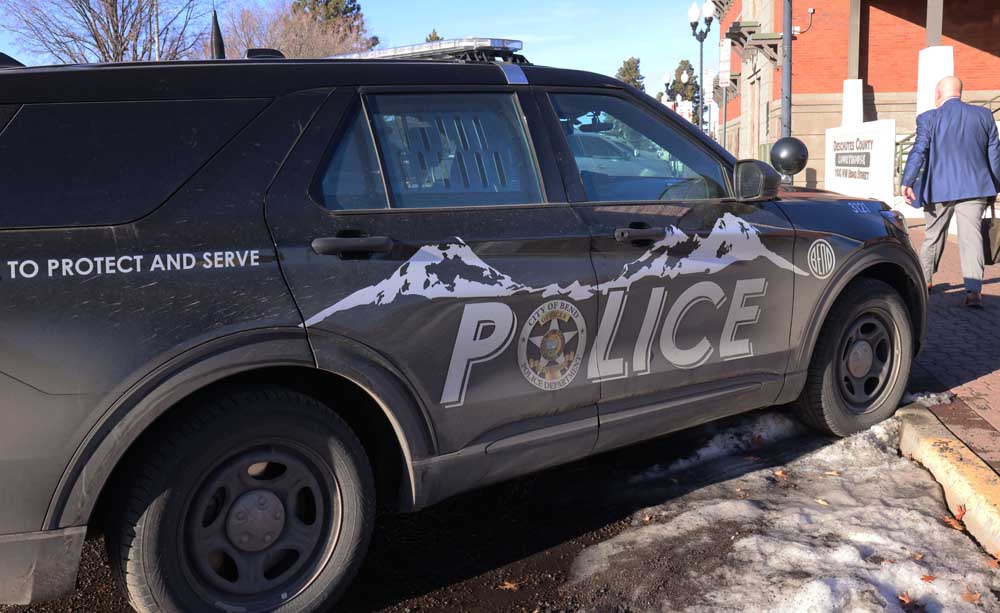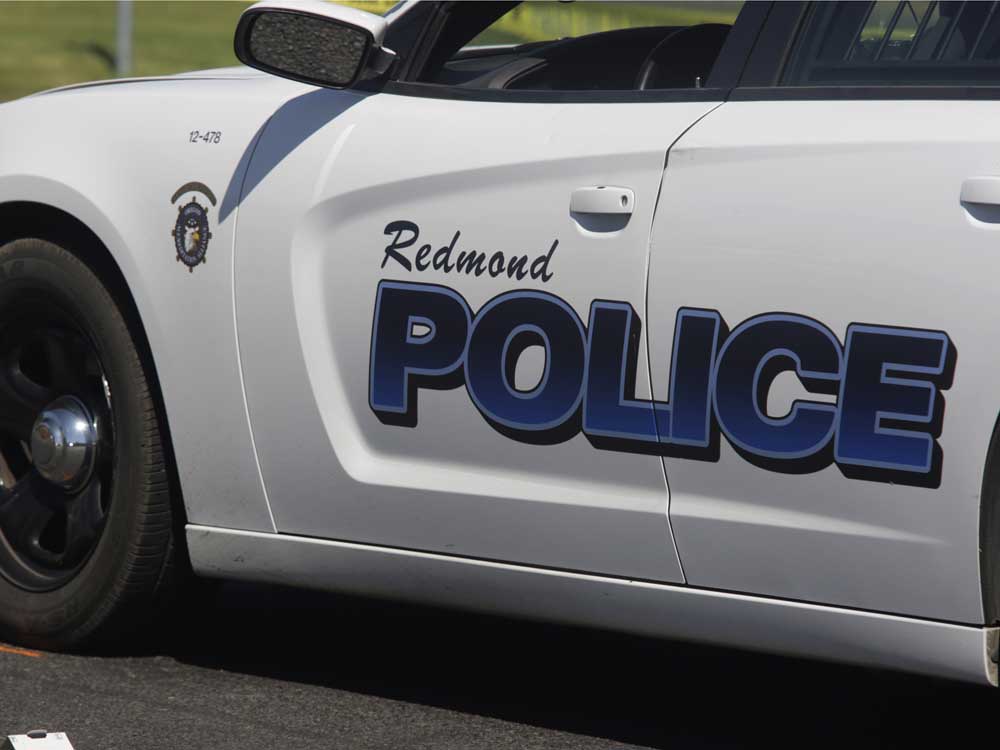In final months, Bush to dial back a few protections
Published 4:00 am Wednesday, November 12, 2008
WASHINGTON — In the next few weeks, the Bush administration is expected to relax environmental-protection rules on power plants near national parks, uranium mining near the Grand Canyon and more mountaintop-removal coal mining in Appalachia.
The administration is widely expected to try to get some of the rules into final form before Thanksgiving because, in some cases, there’s a 60-day delay before new regulations take effect. And once the rules are in place, undoing them generally would be a more time-consuming job for the next Congress and administration.
It’s common for administrations to issue a spate of regulations just before leaving office. The Bush administration’s changes are in keeping with President Bush’s overall support of deregulation.
Here’s a look at some changes that are likely to go into effect before the inauguration.
Coal mining
A proposed rule change from the Department of Interior would alter rules on dumping the earth removed for mining into nearby streams.
The current rule, dating from the Reagan administration, says no surface mining may occur within 100 feet of a stream unless there would be no harm to water quality or quantity. The rule change essentially would eliminate the buffer by allowing the government to grant waivers so that mining companies can dump the rubble from mountaintops into valleys, burying streams.
The new rule would let companies explain why they can’t avoid dumping into streams and how they intend to minimize harm. A September report on the proposal by the department’s Office of Surface Mining said that environmental concerns would be taken into account “to the extent possible, using the best technology currently available.”
The government and mining companies have been ignoring the buffer since the 1990s, said Joan Mulhern, an attorney with Earthjustice, a nonprofit law firm for environmental protection.
Before the rule can be changed, however, the Department of Interior must get written approval from Environmental Protection Agency Administrator Stephen Johnson.
Air pollution
Two rule changes would apply to electric power plants and other stationary sources of air pollution.
The first concerns older power plants. Under the Clean Air Act, updated plants must install pollution-control technology if they’ll produce more emissions. The rule change would allow plants to measure emissions on an hourly basis, rather than their total yearly output. This way, plants could run for more hours and increase overall emissions without exceeding the threshold that would require additional pollution controls.
The other change would make it easier for companies to build polluting facilities near national parks and wilderness areas. It also would change the way that companies must measure the impact of their pollution.
Endangered species
The Endangered Species Act prohibits any federal actions that would jeopardize the existence of a listed species or “adversely modify” critical habitats. The 1973 law has helped save species such as the bald eagle from extinction.
Bush administration officials have argued that the act can’t be used to protect animals and habitats from climate change by regulating specific sources of greenhouse gas emissions.
A proposed rule change would allow federal agencies to decide for themselves whether timber sales, new dams or other projects harm wildlife protected under the act. In many cases, they’d no longer have to consult the agencies that are charged with administering the Endangered Species Act, the Fish and Wildlife Service and the National Marine Fisheries Service.
Others
Among the rule changes and plans that might become final are commercial oil-shale leasing, a new rule that would allow loaded, concealed weapons in some national parks, and oil and gas leasing on wild public lands in West Virginia and Utah.






